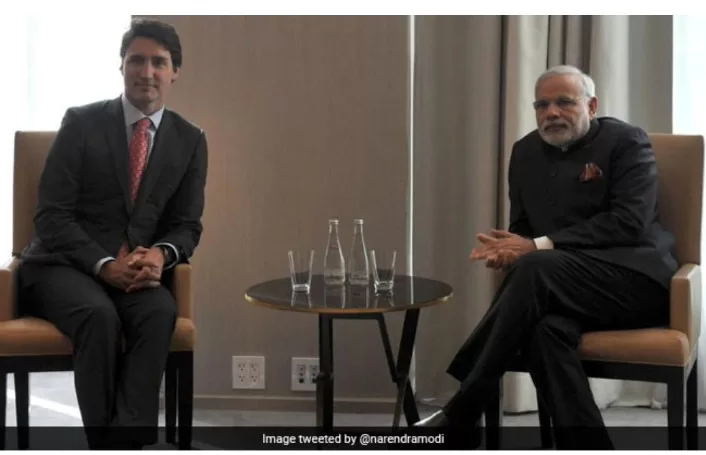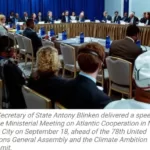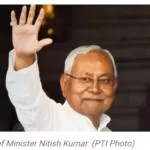Ottawa, In a prelude to a diplomatic showdown, Canadian officials sought unequivocal condemnation of the assassination of Sikh separatist leader Hardeep Singh Nijjar, a Canadian citizen, weeks before making explosive allegations implicating Indian officials in his murder. However, their appeals for support from allies, including the United States, were met with a measured reluctance, as reported by The Washington Post today.
This episode highlights the intricate diplomatic challenges encountered by the Biden administration and its global allies as they navigate the intricate landscape of relations with India, a pivotal player in the region. The alleged assassination of Nijjar on June 18th triggered covert discussions among senior officials from the Five Eyes nations in the lead-up to the September Group of 20 summit held in New Delhi.
Notably, these discussions remained private in the run-up to the summit, a strategically vital event for Indian Prime Minister Narendra Modi. The subsequent revelation by Canadian Prime Minister Justin Trudeau of “credible allegations” in the Canadian Parliament inflicted a substantial rupture in bilateral relations between Canada and India, ultimately resulting in the expulsion of an Indian diplomat from Ottawa.
“Canadian security agencies have been actively pursuing credible allegations of a potential link between agents of the Government of India and the killing of a Canadian citizen, Hardeep Singh Nijjar,” Prime Minister Trudeau declared earlier this week.
Conversely, New Delhi promptly rebuffed Canada’s allegations of Indian involvement in Nijjar’s killing, denouncing them as “absurd and motivated.” In retaliation for the expulsion of an Indian diplomat by the Trudeau administration, India ordered the swift departure of a Canadian envoy suspected of espionage activities within India.
Despite Trudeau’s assurance that Canada sought neither provocation nor escalation, India has steadfastly refuted the accusations, shifting the spotlight onto Khalistani terrorists and extremists harbored within Canadian borders, as reported by The Washington Post.
In an official statement, the Ministry of External Affairs (MEA) firmly asserted, “Allegations of the Government of India’s involvement in any act of violence in Canada are absurd and motivated.”
The backdrop to this diplomatic turmoil includes India’s ongoing pressure on countries like Canada, Australia, Britain, and the United States, each home to significant Sikh communities, to clamp down on the Khalistan movement. The global visibility of pro-Khalistan protests, occurring in locations such as London and San Francisco, has significantly strained India’s relations with these nations.
This diplomatic controversy unfolds within the context of Western nations’ efforts to strengthen their geopolitical and trade partnerships with India while being cautious not to criticize the policies of Prime Minister Modi, which some have characterized as authoritarian.
Michael Kugelman, a South Asia analyst, underscored the intricate dilemma confronting Western governments. They must balance their alliance with Canada while preserving their strategic partnership with India, a pivotal geopolitical player.
The G20 summit in India, held in September, was marked by palpable tension, as Prime Minister Trudeau found himself sidelined and excluded from formal bilateral discussions with Prime Minister Modi. The Khalistan issue emerged as an informal sideline topic, further intensifying bilateral strains.
Canada’s Foreign Minister Melanie Joly confirmed that Trudeau had raised the allegations with President Biden and British Prime Minister Rishi Sunak. The matter is expected to be a focal point of discussion at the upcoming UN General Assembly.
In response, Washington expressed profound concern and underscored the significance of Canada’s investigation and the imperative of bringing the perpetrators to justice. Australia also engaged India on this issue at senior diplomatic levels.
These allegations surrounding Nijjar’s assassination have amplified concerns about Khalistan supporters residing in Canada, potentially reverberating in the sphere of global geopolitics and foreign influence.
In a landscape fraught with complexity, this scenario underscores the delicate equilibrium Western nations must maintain between their allies and their strategic partnerships in an ever-evolving global arena. The Washington Post sheds light on the multifaceted dimensions of this ongoing diplomatic saga.




